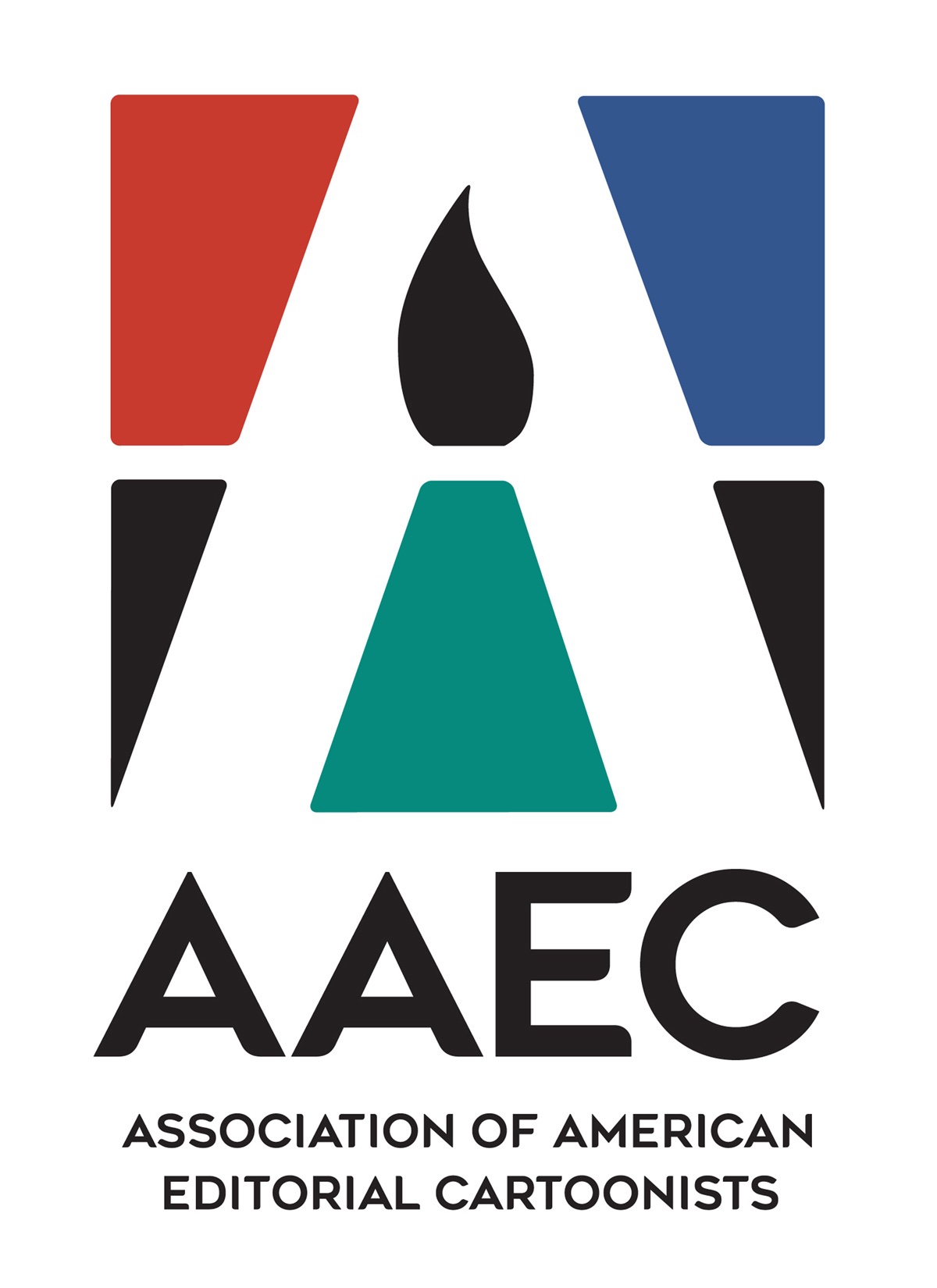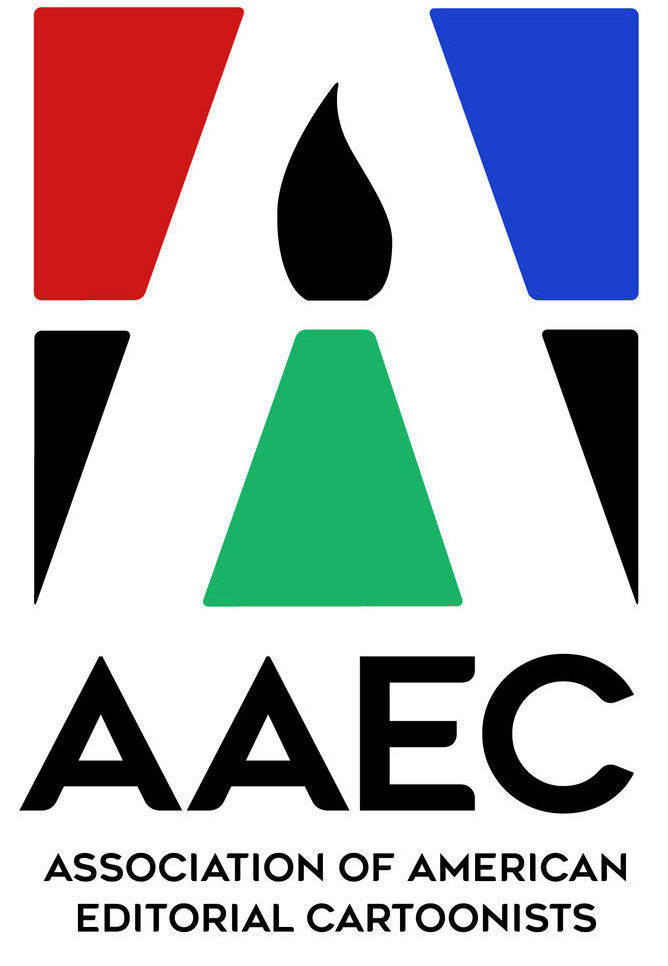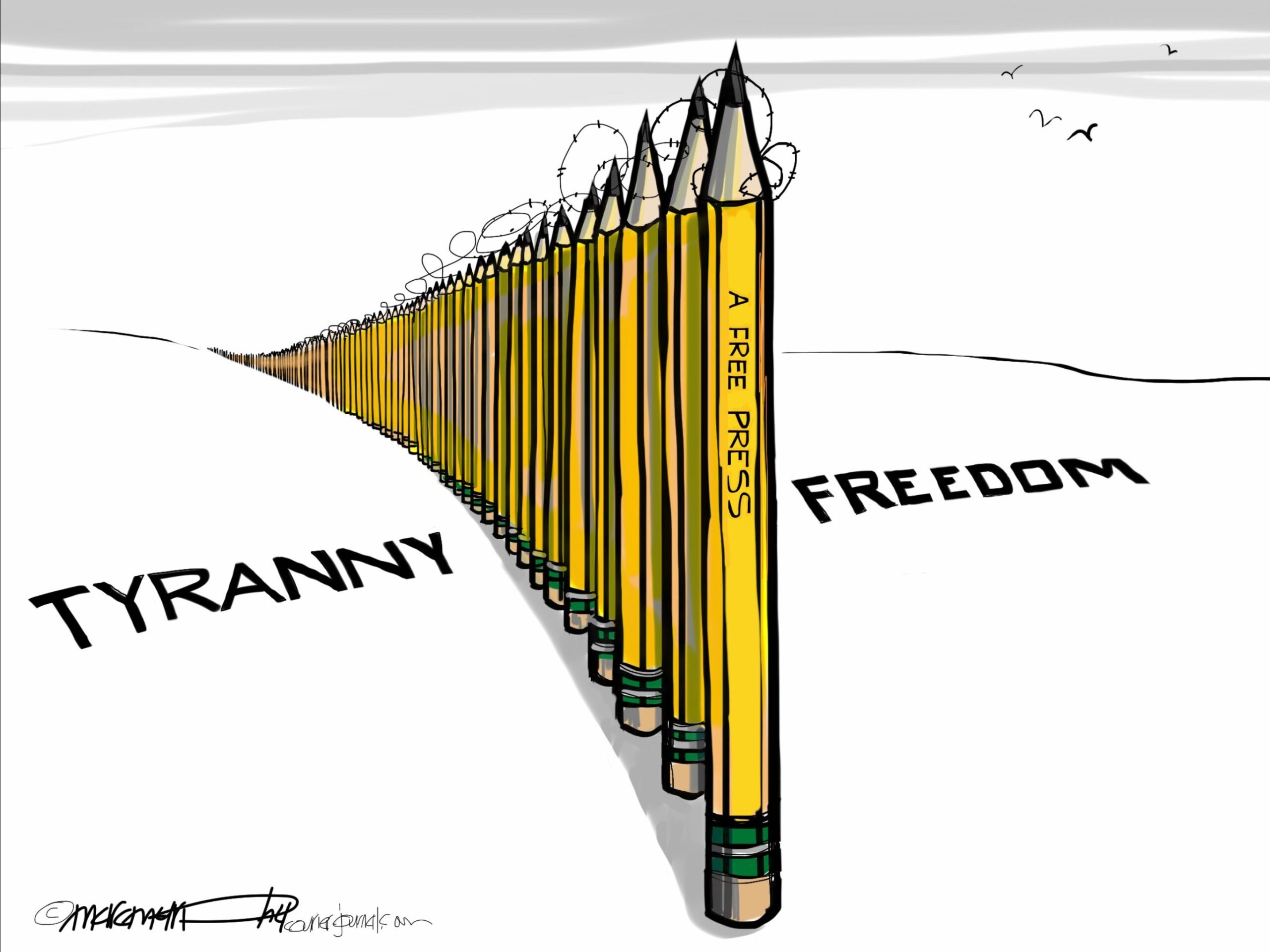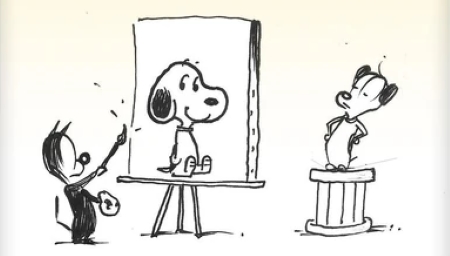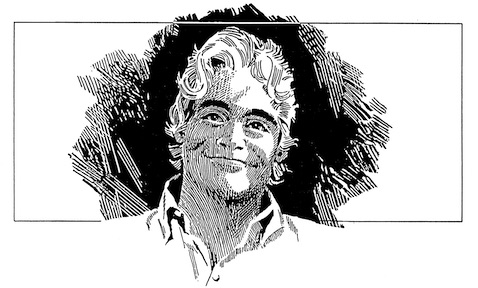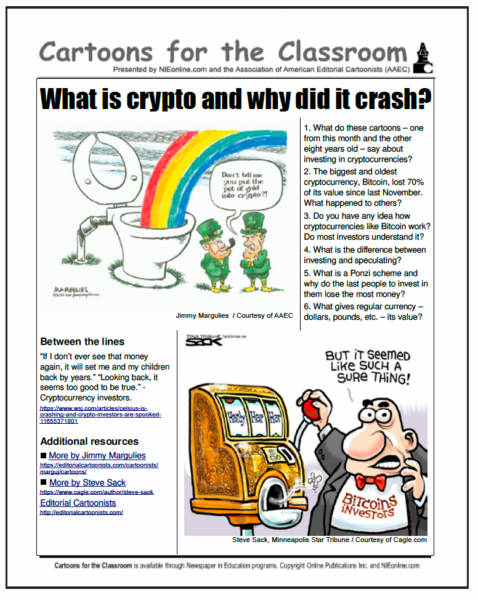“Every time a newspaper dies, even a bad one, the country moves a little closer to authoritarianism”. Richard Kruger, Winner of the 1997 Pulitzer Prize
Dear readers,
I write this in my first days as President of the AAEC. I’m humbled by the honor, and have big shoes to fill. We have, moreover — all of us, not just political artists — work to do.
We’re in the middle of a Mass Extinction Event and the air is filled with the smell of rot. Newspapers are dying and Richard Kruger was right. A lot of “little moves closer to authoritarianism” have put us not on its doorstep but inside the door and sitting numbly in its kitchen. This extinction isn’t an accident and the authoritarians are winning.
Sure, changing business and reading preferences can be blamed. Those are beyond the scope of this piece and well-documented. There is another cause, though, more pernicious and generally unreported because that would require the publishers point fingers at themselves: Newspapers aren’t dying of natural causes or unavoidable market forces. They’re being killed, and the call is coming from inside the house from a phone on the publisher’s desk.
We’ve been watching in real time as the Washington Post kills itself, including the forced resignation of Pulitzer artist Ann Telnaes. Papers as large as The Post draw attention when they self-immolate on the twin altars of oligarchy and sycophancy. When we lose a national newspaper we lose curious and objective eyeballs on Congress and the President. More dangerous than this, I believe, is the loss of smaller-town newspapers and journalism. Like the Latrobe Bulletin.
To be clear, the Latrobe Bulletin, like The Post, is still, technically publishing. But it actually died for all intents and purposes on January 18, 2025. That’s the day its publisher David Cuddihy bragged to his readers that, henceforth, he would no longer run any political cartoons. This after having published (a very tame) one that, apparently, made a reader or two slightly uncomfortable. And because of this, political cartoons had “run their course.” His statement, in goose-, I mean, lockstep with other now-former journalists lamented the so-called divisiveness of political art and assured his sensitive and infantilized readers this was because the Bulletin was a “community paper.”
The “community papers” Cuddihy and his like want to sell aren’t newspapers at all. They’re newsletters for the Chamber of Commerce, or whomever the publisher is afraid of offending. As such, of course there’s no place for robust reporting or opinion. Gannett, among others, went down this road long ago. But the death of the Latrobe Bulletin, you must understand, is in some ways a bigger loss to the citizens it’s supposed to inform and serve than, even, the loss of a paper like The Post. By far a majority of the decisions made by elected officials that affect the Bulletin’s readers are made on the Bulletin’s beat, not The Post’s: In the state legislature, at the city council, in the mayor’s office, and at the school board. Darkness kills democracy wherever it finds it, and much of it is happening just down the street or highway from you.
But you’ll never know. The hedge funds or investment firms will fire the reporters, and publishers like David Cuddihy will make sure no one complains because at today’s newspapers “the customer is always right” as if he’s selling used cars and not a member of The Fourth Estate. Surgeons don’t keep patients awake during surgery in the event they need to ask where their liver is. My clients didn’t tell me when to object during trial. The guy in Seat 23B shouldn’t tell the pilot how to land our plane. And newspapers should write what the public needs to know, not what they think they want to know.
The American public has never in our history needed to know like they do now. They have never before needed political artists more than they do now to comfort the afflicted and afflict the comfortable. And it has never been more important for publishers to act with courage and principle. Instead, they’ve covered themselves with shame and run away.
The artists who are members of the AAEC don’t run away. They risk jobs, health insurance, careers, and sometimes friends to show you the truth and hold those who would rule you now — not govern — accountable. The new Administration has promised retribution to all of its enemies, and it has demonstrated a willingness to exert pressure and exact punishment in ways heretofore unimagined in the United States. You may not draw or, before now, ever cared about political art. You should start.
Marc Murphy
AAEC President, 2025-2026
